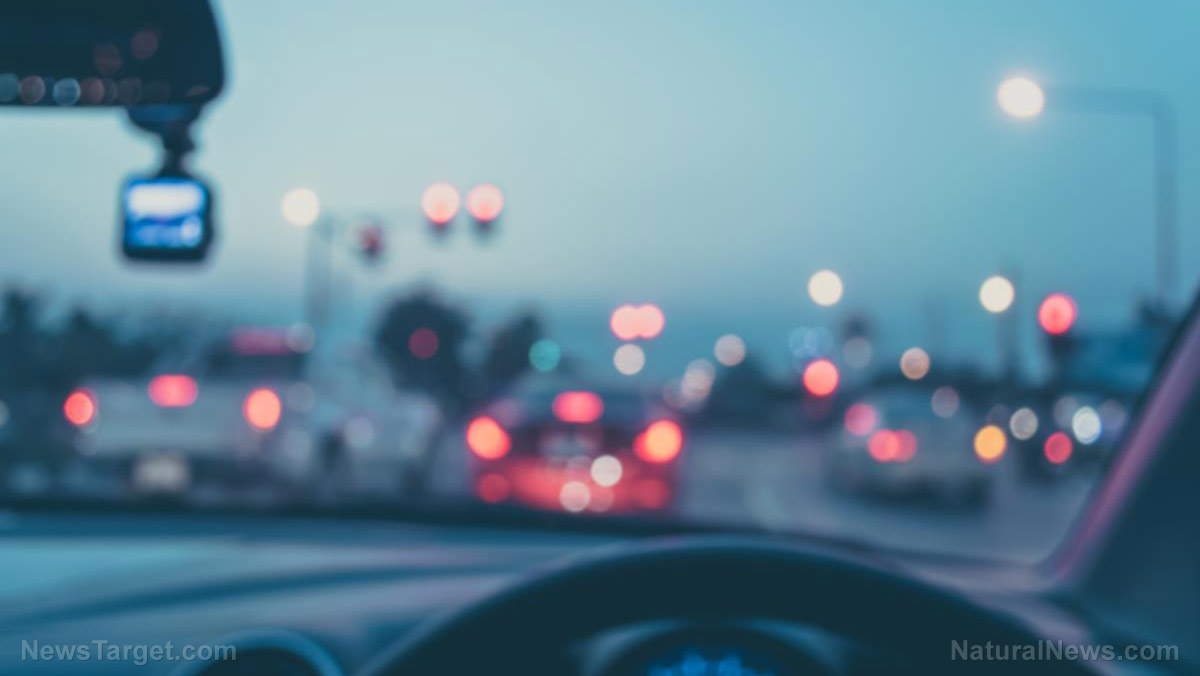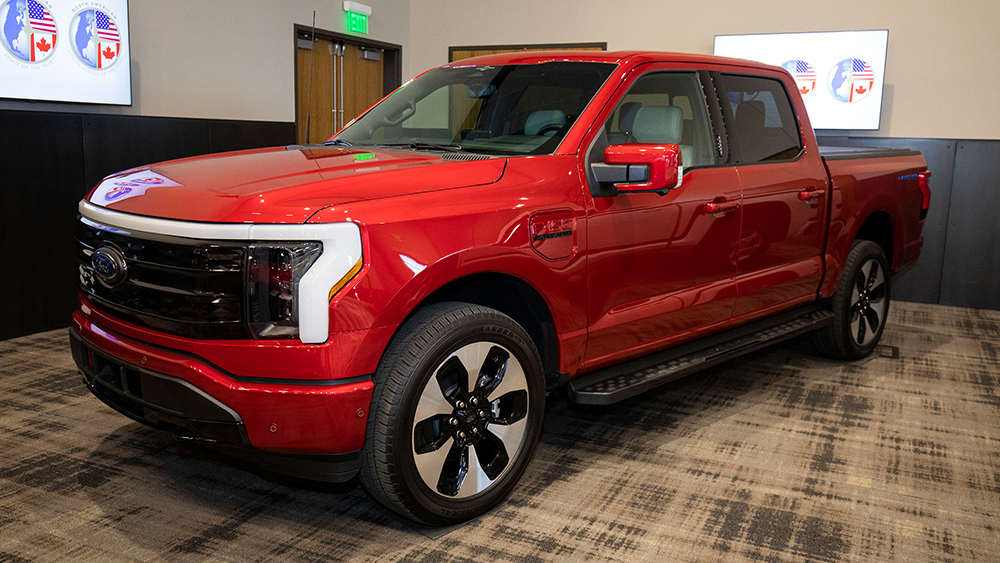
In response to recent studies showing that driving while dehydrated can be just as bad as driving while inebriated, Nissan has unveiled a new high-tech feature that is capable of warning motorists when they need a drink of water.
In order to make the dehydration detectors a reality, Nissan teamed up with the Dutch design company Droog to install sweat-sensing material called SOAK into its Juke model. The material covers the steering wheel and the front seats, and changes from blue to yellow when it comes in contact with the driver’s perspiration. Roughly two-thirds of all drivers don’t know how to tell whether or not their body is receiving enough water – symptoms of dehydration include dizziness, fatigue, headache, a dry mouth, and slower reaction times.
According to a 2015 survey, 20 percent of patients go to the doctor with symptoms of dehydration, such as tiredness and dizziness. Additionally, only 4 percent of doctors said they believed their patients were aware of how much water they need to be drinking each day, which clearly demonstrates that there is a severe communication problem that must be addressed.
“While many athletes are well-versed on keeping hydrated, many people outside the sporting sphere remain unaware of the impact of dehydration on physiological performance,” explained Dr. Harj Chaggar, a medical consultant for Nissan Motorsport. “Sweat-sensing technology built into a car is an innovative way of highlighting this, aiding prevention by warning the driver directly.”
Nissan also noted that the sweat-censoring technology is a working concept, and that the automobile company currently has no plans to introduce it as an option for their customers.
While there are clear benefits to this new technology that Nissan has unveiled, for some, the idea of a car knowing when you’re thirsty and when you’re hydrated is a bit unnerving. It begs the question: If the cars that we drive will soon be able to tell when we need a glass of water, what else will they one day be capable of? (Related: New high tech cars may be damaging to your health.)
Back in March, the New York Times reported that several car manufacturers, including Audi, Mercedes, and Volvo, have the ability to detect when a driver grows drowsy by assessing the vehicle’s movements, including the angel of the steering wheel, lane deviation, how much time is spent driving, and road conditions.
But this sort of drowsiness-detecting technology doesn’t just stop at a simple examination of the car’s exterior movements.
In an attempt to determine if they can detect drowsiness even earlier, the technology company Plessey Semiconductors has developed sensors that can be installed inside of cars and are capable of monitoring things like heart rates and breathing changes. Another company based in Germany called Bosch is in the process of developing a camera-based system that can detect changes in eye movement, body posture, as well as analyze heart rate and body temperature.
According to the National Highway Traffic Safety Administration, or NHTSA, in the year 2015, drowsy driving resulted in a total of 824 deaths, many of which could potentially have been prevented had the drivers been in vehicles with drowsiness-detecting technology.
“We’re a nation of tired drivers. People talk about sleep deprivation as if it’s a badge of honor,” explained Deborah Hersman, the head of the National Safety Council and former chairwoman of the National Transportation Safety Board. “As a society, we have to realize that drowsy driving is really dangerous.”
While all of this new technology being installed in the cars that we drive is undoubtedly beneficial and can even help save lives, it’s not much of a stretch to say that one day, it will more than likely become intrusive and infringe upon our Fourth Amendment privacy rights. And when that day comes, we as a People will have to have an extensive debate over whether we want to be a country focused on technology, or a country focused on the Constitution. (Related: Will the future of driverless cars give government authorities the ability to lock you in your own vehicle?)
Sources Included:
Please contact us for more information.























